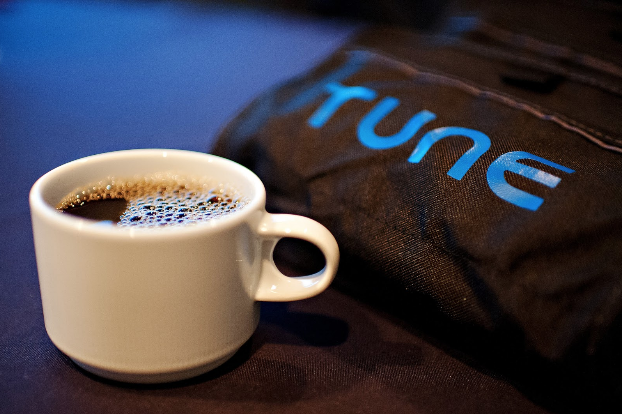
Ever downloaded an app only to promptly forget about it? Yeah, of course you have. We all have. Pretty much any app beyond page two of my phone screen is just a graveyard of forgotten apps, many that were never even opened (and somewhere a marketer gently weeps).
This increasingly common phenomenon is a real problem for app marketers. It’s what Max Macintosh, specialist agency head at Google, calls “appnesia.” And it is exactly what it sounds like.
The search giant conducted research with marketing consultant Ipsos exploring why downloaded apps were so routinely forgotten. The research encompassed 1,200 consumers and included apps spanning three key categories: shopping, restaurants/takeaways, and travel/holidays, and came away with some interesting app engagement statistics.
It revealed that one in five apps are installed and then simply forgotten by users. This has prompted many mobile marketers to back away from a singular focus on installs to a more balanced approach in favor of engagement across the entire mobile marketing funnel.
The research also revealed why apps are so valuable to a brand’s mobile armory. Almost half (47%) preferred to use an app when they wanted information quickly, compared to 17% who prefer a mobile site. In contrast to a mobile site, an app is perceived as simpler, quicker, more personalized, and more useful for fast transactional tasks.
Mobile web versus apps
Does this mean it’s time to abandon the mobile web and go all-in on mobile? Not exactly. Macintosh says today’s marketer can’t afford to choose one channel over the other. “It is not an either/or debate anymore,” he says. “The mobile web is still increasingly important.”
You can read more on the convergence of mobile web and apps in our new report, Marketing’s New Frontier, produced in partnership with The Drum. Discover more app engagement statistics, plus how convergence will impact advertisers and marketers, with contributions from the New York Times, Nice, Booking.com, Expedia, Mondo, Google, M&C Saatchi Mobile, Isobar UK, Luma Partners and Mindshare.
The report cites app engagement statistics from measurement firm comScore on mobile usage and user behavior, and showed that cross-platform usage is growing but there is still a divergence between reach and engagement. The desktop and mobile web have greater reach, but a small number of apps command nearly all engagement.
So now what?
There’s still hope when it comes to grabbing the tiny and increasingly fragmented attention of your potential app user. Focusing on re-engagement tactics can not only drive people back into your app, it can help develop a loyal customer base, says Libby Robinson, EMEA managing director for M&C Saatchi Mobile.
“Some businesses now view their app as one of their largest revenue streams as opposed to just an add-on,” Robinson says. “Smartphones know everything about their owners and they are rarely more than a few feet apart at any time.”
For pro tips from TUNE and Google, join us for the upcoming webinar, “Finding and Engaging High-Value App Users” to maximize success of your marketing efforts. With a deeper dive into app engagement statistics, among other things, you’ll learn how to develop a re-engagement strategy to generate higher app user lifetime value.
Dan Bishop, director of digital marketing at Experian Consumer Services, says in-app messaging tools such as push notifications have worked better for his business than email campaigns. You should also pay attention to ensuring your app appears in organic search results by boosting your app store optimization efforts.
Getting the right users to your app
In the end, waking up from appnesia is about not only engaging users after they download, but attracting the right people in the first place.
“It is about driving installs, but today is is about the ‘qualified’ install — about that person who not only downloads an app but opens it,” says Pepjin Rijvers, chief marketing officer for Booking.com.
Like this article? Sign up blog daily digest emails.
Author
Becky is the Senior Content Marketing Manager at TUNE. Before TUNE, she handled content strategy and marketing communications at several tech startups in the Bay Area. Becky received her bachelor's degree in English from Wake Forest University. After a decade in San Francisco and Seattle, she has returned home to Charleston, SC, where you can find her strolling through Hampton Park with her pup and enjoying the simple things between adventures with friends and family.




Leave a Reply
You must be logged in to post a comment.